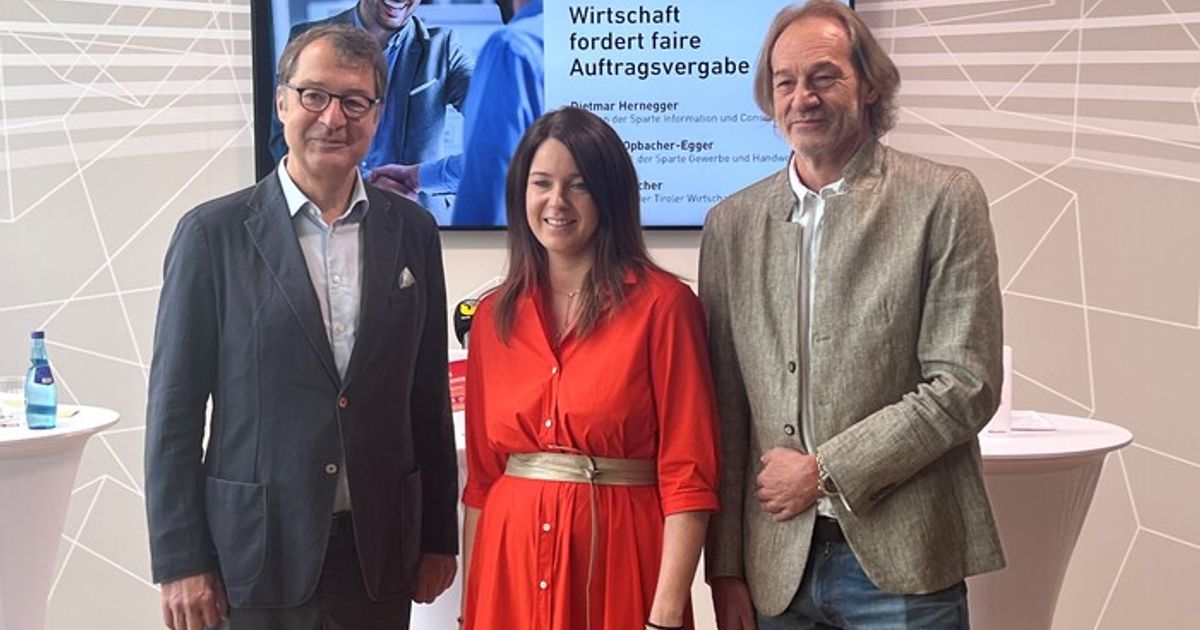In passenger cars, average emissions must fall below 93.6 g/km from 116 g/km in 2024, a reduction of 19%.
MADRID, August 22. (EUROPA PRESS) –
Volkswagen and Ford are the carmakers most exposed to sanctions because they are far from meeting the CO2 reduction targets set by the European Union (EU) for 2025, according to a study published by data consultancy Dataforce.
In the report, “Electrify or Fail: How OEMs Can Meet 2025 CO2 Targets,” Dataforce explains that in 2025, the EU will significantly tighten CO2 targets for automakers.
For passenger cars, average emissions from new vehicle sales must fall below 93.6 g/km, down from 116 g/km in 2024, representing a reduction of 19%. For light commercial vehicles (LCVs) up to 3.5 tonnes, the targets will be reduced from 185 to 154 g/km, representing a reduction of 17%.
Dataforce therefore warns that exceeding these CO2 limits can result in heavy fines, which are calculated by multiplying the excess CO2 in g/km and the registration volume by 95 euros. In the case of large OEM groups, this can result in penalties of several hundred million euros.
ONLY GEELY AND SAIC MOTOR ARE BELOW THE 2025 THRESHOLD
The situation for next year is worrying for most EU car groups, since among all manufacturers with internal combustion engines in their range, only Geely (Volvo, Polestar) and SAIC Motor (MG) are below the 93.6 g/km threshold.
After them, Toyota (105 g/km) and BMW (106 g/km) need a relatively moderate reduction, but all the others (Stellantis, Renault, Nissan, Mitsubishi, Hyundai, Daimler) will have to make significant efforts.
Dataforce notes that this is particularly true for Germany’s Volkswagen Group and America’s Ford. Because their cars are heavier than average, their individual targets for 2024 have been increased to 121 and 124 g/km respectively, giving them some room to maneuver. However, this weighting adjustment will be ignored in 2025, as the weighting factor in the equation will become negative.
SLOW PROGRESS IN 2024
Despite ambitious targets, progress has been minimal this year, the data consultancy warns. The first six months of 2024 showed higher emissions than the whole of 2023.
Battery electric vehicles and plug-in hybrids offer the greatest potential for reductions for brands, but reduced subsidies have made their transition to a high-volume market difficult, he says.
From January to June 2024, the European car market (EU-27+ IS+NO) increased by almost 243,000 new registrations (+4.3%), while registrations of battery electric vehicles and plug-in hybrids slowed by 9,000 units.
More than half of the growth comes from fully hybrid vehicles, which, while more fuel efficient, still generate higher emissions than the average passenger car.
THE PATH TO REGULATORY COMPLIANCE
Therefore, to reduce average CO2 emissions next year, Dataforce recalls that each equipment manufacturer will have its own strategies, all linked to more electric cars.
Based on current fuel-type specific emissions, an OEM, for example, without full hybrids in its portfolio will need 37% battery electric vehicles (BEVs) and plug-in hybrids (PHEVs) in its sales mix.
With full hybrid vehicles, the task seems simpler: in a scenario with a share of hybrid electric vehicles of 55%, the necessary proportion of battery electric vehicles and plug-in hybrids is reduced to 23%, explains the consultancy.
However, manufacturers that focus on hybrid electric vehicles generally sell fewer battery electric vehicles. Apart from that, European regulations allow for a greater weighting of BEV registrations when the cars are sold in markets where electrification shares are relatively low.
CO2 MONITORING AND OTHER STRATEGIC RESCUE OPTIONS
Dataforce points out that another option to comply with CO2 emissions standards is the aggregation of carbon dioxide emissions. In the last two years, the need for aggregation has not really been necessary, but in 2021, the former FCA Group partnered with Tesla and Honda to reduce their CO2 average.
The consultancy firm says it expects a recovery in 2025, when manufacturers that only sell electric vehicles will be able to sell emissions certificates to other groups.
Furthermore, he notes that CO2 targets will be an important part of annual goals, as will sales targets. By tracking emissions on a monthly basis, OEMs can identify which markets or segments have the greatest positive or negative impact and thus steer business strategy towards meeting CO2 standards with sufficient time to react.
BOOSTING THE ADOPTION OF ELECTRIC VEHICLES
“From today’s perspective, achieving such high electrification quotas seems impossible. However, electrification is not a linear process, but rather occurs in stages. In the past, the jump between 2019 and 2020 was surprisingly strong. The current setback “is also influenced by the abrupt removal of incentives for electric vehicles in Germany, Europe’s largest market for battery electric vehicles by volume,” the study notes.
Dataforce adds that the situation is different now, as it has become more difficult to convince more customers to opt for battery electric vehicles over internal combustion vehicles.
“This will only work with changes in the price structure. The current decline in lithium and battery prices allows for some price reductions throughout the supply chain, but manufacturers will also need to reduce costs in other areas to continue to be profitable.”
Similarly, he advocates increasing production and replacing expensive NMC batteries with LFP batteries as alternative options. He also notes that automakers will likely phase out promotions on internal combustion engines and focus on battery electric vehicles.
“Finally, smaller, more affordable models will facilitate the transition to the mass market,” he concludes.
#Volkswagen #Ford #could #face #sanctions #for #failure #to #meet #EU #CO2 #targets
1724331747


